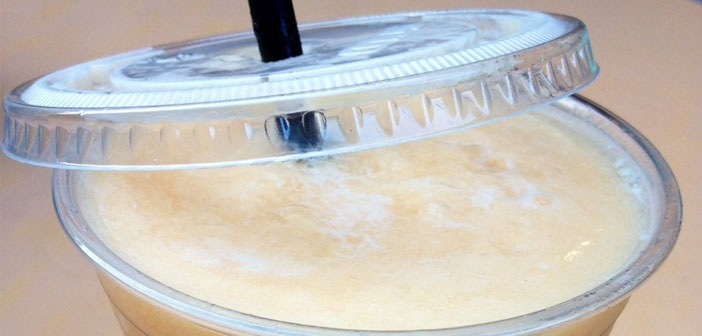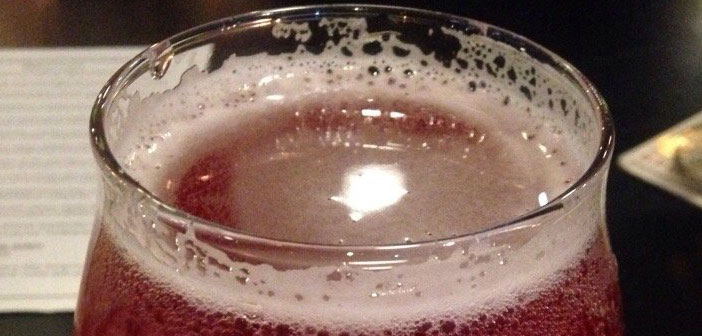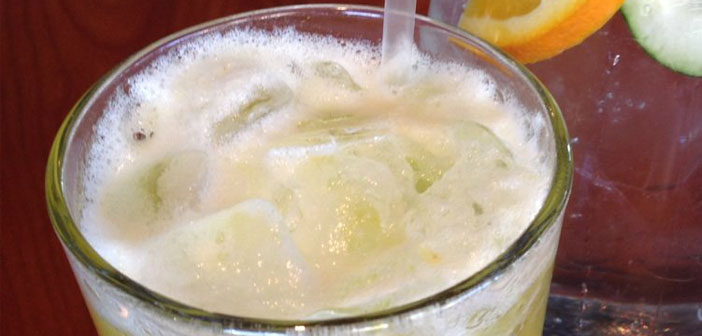How Alcohol Affects Your Dental Health
Alcohol consumption can lead to dehydration, which in turn can cause dry mouth. Dry mouth is a condition in which the salivary glands do not produce enough saliva. Saliva is important for washing away food particles and bacteria from the mouth, and it also helps to neutralize acids that can damage teeth. When saliva production is reduced, the risk of cavities and gum disease increases.
2. Acid Erosion
Many alcoholic beverages are acidic, and this acidity can erode the enamel on your teeth. Enamel is the hard, outer layer of your teeth that protects them from damage. Once enamel is eroded, it cannot be repaired, and this can lead to increased sensitivity, discoloration, and cavities.
3. Gum Disease
Alcohol consumption can also increase your risk of gum disease. Gum disease is an infection of the gums that can damage the soft tissue and bone that support your teeth. Advanced gum disease can lead to tooth loss.
4. Oral Cancer
Alcohol consumption is a risk factor for oral cancer. Oral cancer is a type of cancer that can develop in any part of the mouth, including the lips, tongue, cheeks, gums, and palate. Alcohol consumption can damage the cells in the mouth and make them more likely to become cancerous.
5. Tooth Decay
The sugar in alcoholic beverages can also contribute to tooth decay. When you drink a sugary beverage, the bacteria in your mouth feed on the sugar and produce acids that can damage your teeth. If you drink alcohol regularly, you are more likely to experience tooth decay.
Protecting Your Dental Health
If you drink alcohol, there are a few things you can do to protect your dental health:
* Limit your alcohol intake.
* Drink plenty of water.
* Brush your teeth twice a day.
* Floss your teeth once a day.
* See your dentist regularly for checkups and cleanings.
By following these tips, you can help to reduce your risk of alcohol-related dental problems.



